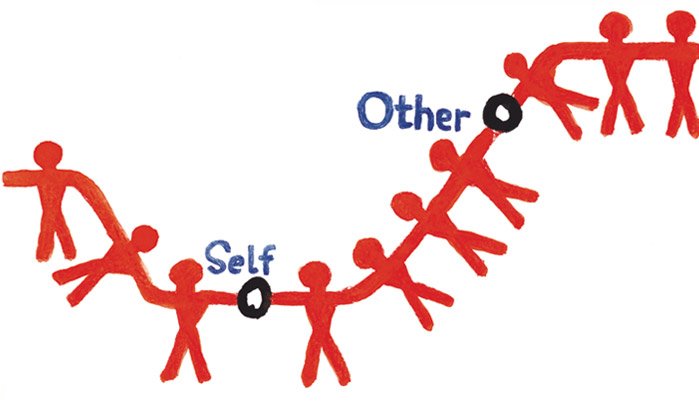
Michael Landy, famous for destroying everything he owned, is now gathering stories of kindness on the Central Line. Part of Art on the Underground, the record of incidents are posted online and at stations. I enjoyed talking with him about it last night.
It’s a subject that we’ve discussed here from time to time – how you need to be free to be kind, how it runs risks with the unwelcome and unexpected, how it values fleeting gratuity. The discussion also raised the art of receiving kindnesses, as much as offering them: you mustn’t read too much into a warm smile or squeeze of the hand!
Some research threw up ideas new to me too.
John Stuart Mill was wary of promoting kindness. He saw it in the context of the emancipation of women, arguing that they need to be autonomous, like men. Kindness as a public virtue undermines that by keeping women in the position of being kind to, that is serving, men. It will be interesting to see whether there are gender trends in the stories Michael gathers. Is it still a predominantly feminine virtue? Is it still seen as objectionable because of undermining self-reliance?
I was interested too in how we tend to think of kindness as a feeling, aligned to empathy, whereas the virtue to which it is related, caritas or loving-kindness, is more like adopting a stance towards the world. It originates in the will, not the emotions. It’s a kind of moral strength: a person might develop habits of kindness. It’s perhaps for this reason that kindness can provoke sneering, even violence: is the ‘crime’ of the saint anything more than that they were kind?